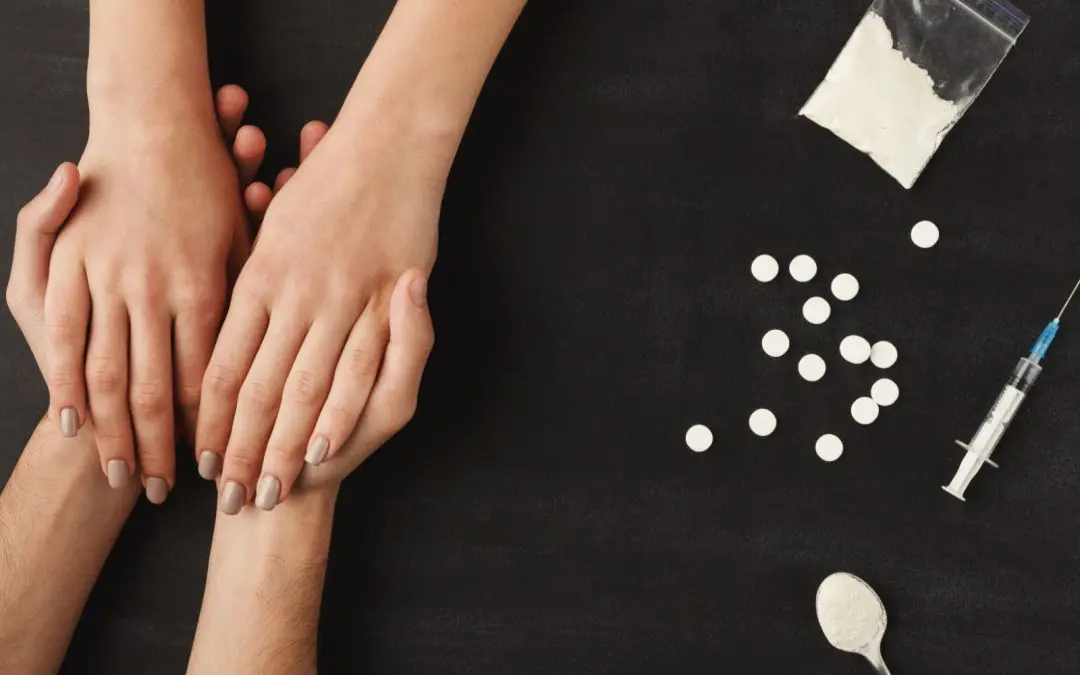24/7 Helpline:
(866) 899-221924/7 Helpline:
(866) 899-2219
Learn more about Oxycodone Detox centers in Hawaiian Gardens
Oxycodone Detox in Other Cities

Other Insurance Options

Health Net

ComPsych
Beacon

BHS | Behavioral Health Systems

Magellan

Molina Healthcare

CareSource

Self-pay options

Excellus

Humana

BlueCross

Kaiser Permanente

MVP Healthcare

Covered California

CareFirst

GEHA

Evernorth

Private insurance

State Farm

Medical Mutual of Ohio

Hawaiian Gardens Medical & Mental Health
Hawaiian Gardens Medical & Mental Health is a private rehab located in Hawaiian Gardens, CA. Hawaiia...











